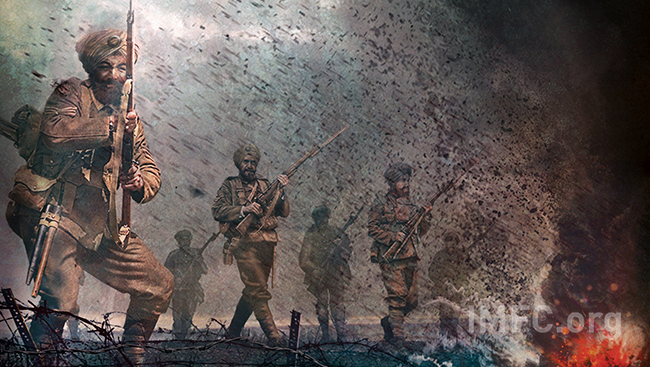Are patients the priority or should they be more patient?
While congestion is not a new problem for Surrey Memorial Hospital (SMH), recent increases and word of infectious outbreaks are causing frustration and concern across the community. With medical care so critical to many, why is Surrey so busy and what is being done about it?
The second-largest city in the province by population, it is estimated over 100,000 people have settled in Surrey within the last decade. It is unsurprising then that the largest hospital in the area sees an alarming number of patients per day.
With an estimated 400 people coming in to Emergency daily, the staff, resources and available space are acutely stretched thin.
“Typically at this time of year, hospitals see high volume of patients,” explains Ken Donohue, Fraser Health Authority's director of public affairs. “What we're also seeing is that the seriousness of illness of patients is much higher than it may be other times of the year.” Donohue adds that this leads to longer hospital stays and a higher amount of care for patients, creating obvious challenges for hospitals across the province to keep up.
But they're trying – and they want the public to know it. “This government and health authorities are committed to improving wait times and easing congestion at emergency departments throughout the province,” the Ministry of Health tells DARPAN. “Fraser Health has recently seen extremely high numbers of people in its Emergency at Surrey Memorial. All hospitals operate on a triage system, which means those with serious illness or injury are seen first. This may mean longer waits for people with less serious illness or injury.”
Fraser Health hopes that by understanding how things work, the public may be more on board with the systems they have in place. “We try to treat everybody as best we can. Sometimes, we have to care for people in locations that typically weren't designed for patient care. Is it ideal? It's not ideal,” Donohue admits. “But we do the best we can to treat people as we can at times when there is heavy congestion.”
“What needs to happen, and what we're doing, is every department in the hospital needs to work together to ensure patients are flowing smoothly through the hospital,” says Donohue. “We have to make sure nobody is staying longer in hospital than is medically necessary,” he adds, emphasizing when a patient no longer requires medical care, the best place for them to be is at home. By improving the hospital's discharge planning, SMH can be more efficient with the beds they have, Donohue explains. The consensus in the community echoes what Fraser Health already knows.
“I think, like any hospital, it has its ups and downs” says Celina Miller, a local first-time parent. “I personally have never had a bad experience there, although I know people who have. But with so many patients, how can they be perfect? Surrey is a very populated area and people go to the hospital when it isn't really necessary, creating more work for the already over worked nurses and staff.”
While tempers may rise while waiting to be treated and the hospital itself appears in need of improvements according to the locals, past patients are generally quick to praise the nurses.
“They have wonderful staff and handle the overflow well, manners wise,” says Stacy Scott, who has been impressed with the quality of care as well as efficiency of Surrey Memorial staff on more than one occasion.

“I truly believe that they see people in order of priority.”Nicole Fraser, like many others in the community who shared their stories with DARPAN, questions how much of a priority she was in times of extreme emergency. After being diagnosed at the end of her pregnancy with a condition deemed dangerous and potentially fatal to the baby, Fraser was induced and subsequently sent home four days in a row, leaving her upset, confused and worried for her safety. Like Fraser, many locals have been left feeling like the best hospital is not always the closest hospital – a tough pill to swallow in times of need.
Of some solace is the misinformation regarding multiple infection outbreaks at SMH. There was only one infection in the hospital which was quickly controlled, Donohue says.
“During this busy time, infection control is a priority,” the Ministry of Health tells us. “Fraser Health has a number of protocols in place to prevent the spread of c.difficile (infection), such as enhanced cleaning practices during busy winter months and isolation of patients suspected of having an infection...Fraser Health is committed to ensuring best practice to reduce the spread within their sites.”
In times of medical emergency, it's difficult not to be discouraged by long wait times and questionable care. Unprecedented congestion has led to unflattering reviews for Surrey Memorial Hospital as of late but Fraser Health has recently announced a $5 million investment in health care, including hiring more health care professionals to improve quality of care for patients. This plan aims to shift reliance on hospital care by preventing avoidable admissions and ensuring that people aren’t staying in hospital longer than necessary, so an appropriate bed is available to those in need. Michael Marchbank, president and CEO, Fraser Health stated in a press release that “improving the experience of care for our patients and their families is a priority for all of us and I believe if we think differently we can begin to see changes right away.” Let’s hope he’s right.




